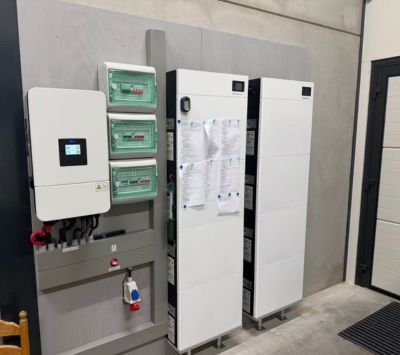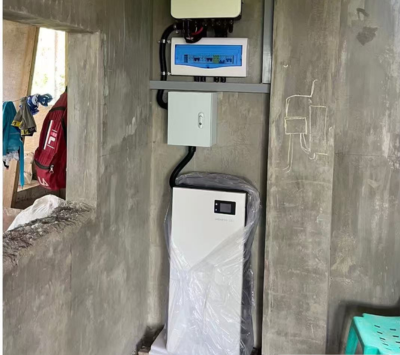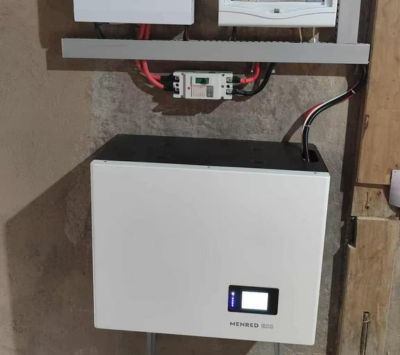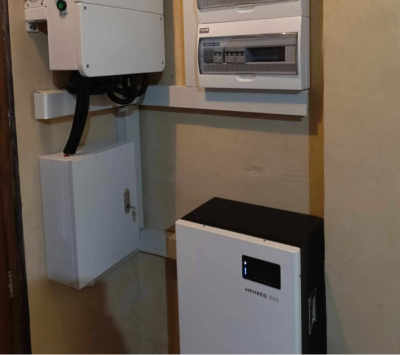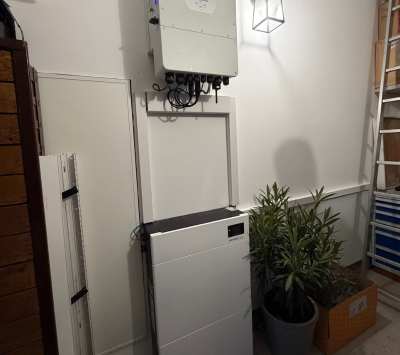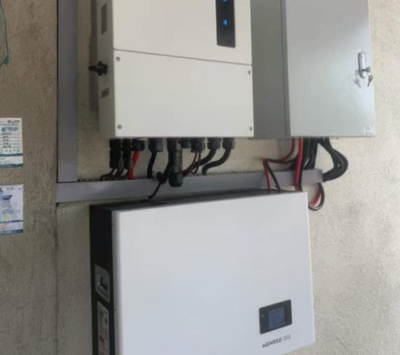Solar energy has become an increasingly popular option for residential power generation, and for good reason. With the right equipment, homeowners can harness the sun’s energy to power their homes, reducing their reliance on traditional power sources and saving money in the long run. One such option is an on/off grid solar energy storage system, which allows homeowners to use solar power both when connected to the grid and when off the grid. In this blog post, we’ll explore how these systems work, the benefits they offer, and some considerations to keep in mind if you’re considering investing in one.
First, let’s take a closer look at what an on/off grid solar energy storage system is. These systems consist of several components, including solar panels, an inverter, a battery bank, and a controller. The solar panels capture sunlight and convert it into DC (direct current) electricity, which is then sent to the inverter. The inverter converts the DC electricity into AC (alternating current) electricity, which can be used to power the home. Any excess energy generated by the solar panels can be stored in the battery bank for later use.
When the home is connected to the grid, the solar energy storage system can work in conjunction with the grid to provide power to the home. The system can also send excess energy back to the grid, which can be credited to the homeowner’s account (depending on the policies of their utility company). When the home is off the grid, such as during a power outage or in a remote location, the solar energy storage system can continue to provide power using the energy stored in the battery bank.
One of the primary benefits of an on/off grid solar energy storage system is increased energy independence. By using solar power, homeowners can reduce their reliance on traditional power sources, which can be subject to price fluctuations and supply chain disruptions. In addition, these systems can provide peace of mind during power outages or other emergencies, as homeowners can still have access to power even when the grid is down.
Another benefit of these systems is the potential for cost savings over the long run. While the initial investment in a solar energy storage system can be significant, over time, homeowners may see a reduction in their electricity bills as they rely more on solar power and less on the grid. Additionally, depending on local policies and utility rates, homeowners may be able to sell excess energy back to the grid, further offsetting their costs.
That said, there are some considerations to keep in mind if you’re thinking about investing in an on/off grid solar energy storage system. First and foremost, it’s important to ensure that your home is a good candidate for solar power. Factors like the amount of sunlight your home receives, the orientation of your roof, and any shading from trees or other structures can all impact the effectiveness of a solar energy system. It’s also important to work with a reputable installer who can help you select the right equipment and ensure that your system is installed safely and efficiently.
In addition, it’s worth noting that not all solar energy storage systems are created equal. The size and capacity of the battery bank, the efficiency of the inverter, and other factors can all impact the performance of the system. As such, it’s important to do your research and choose a system that meets your specific needs and budget.

